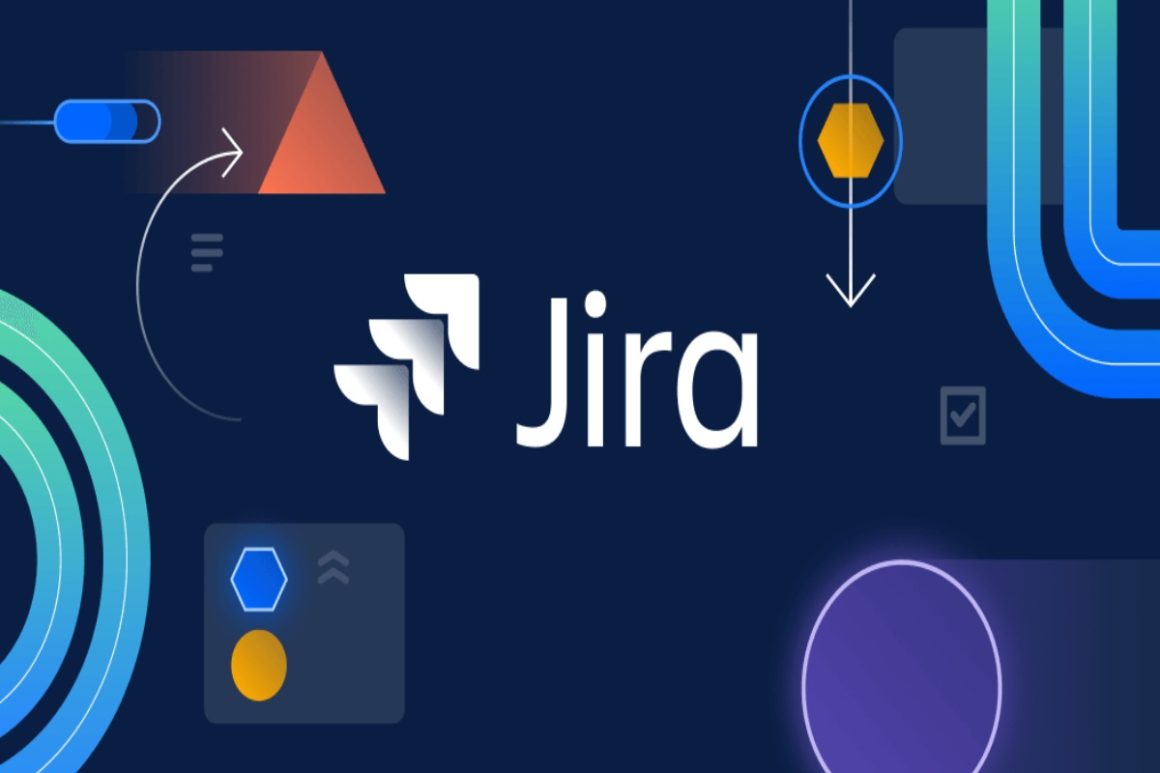Jira is a powerful tool developed by the Australian Company Atlassian.
It is a project management software that can also be used for bug tracking and issue tracking. This tool can track any bugs or issues related to your software.
In this article, we will discuss the complete Jira guide for beginners.
Table of Contents
Jira and its Importance in Project Management
Customizability and Flexibility: Jira’s high degree of adaptability enables users to customise it to meet their project management requirements. It provides various configuration options for screens, fields, issue categories, and workflows. Jira can adapt to multiple project requirements and procedures thanks to its flexibility.
Collaboration and Communication: Jira encourages team members to collaborate and communicate with one another. Users can share files and papers, name colleagues, and discuss problems. This boosts teamwork, promotes effective communication, and improves knowledge sharing.
Reporting and Analytics: Jira has powerful reporting and analytics features. Users may create different reports and see how teams perform, projects progress, and other vital indicators. Stakeholders can use these insights to identify problem areas and make wise decisions.
Integration with other Tools: Confluence, Bitbucket, and Slack are just a few of the many programs and systems that Jira easily connects with. Workflows are streamlined, information communication is made more manageable, and integration with these technologies improves the project management ecosystem.
Project Transparency and Accountability: Jira promotes openness in project management by making it possible to see how projects are progressing, who is responsible for what, and when. As team members may keep track of their work and due dates, accountability is improved.
Understanding the benefits and features of Jira
The Jira course is a well-liked option for project management due to its many features and advantages. Here are some of Jira’s main benefits and attributes:
Benefits
- Streamlined Project Management: Project management is now more effective thanks to Jira courses, which offer a centralised platform for handling tasks, projects, and issues. As a result, teams can collaborate more successfully. It makes sure everyone is on the same page and streamlines project procedures.
- Improved Collaboration: Collaboration among team members enhance because of Jira’s commenting, mentioning, and file-attaching functionalities. Real-time communication is made possible, and teamwork is encouraged, producing more significant results.
- Support for Agile Project Management Methodologies: Jira is a good fit for agile project management techniques like Scrum and Kanban. Teams may plan, track, and complete work incrementally and iteratively using the agile boards, backlogs, sprints, and burndown charts provided.
- Issue Tracking and Management: Jira does an excellent job of managing and monitoring issues. Users can use it to create, allocate, rank, and keep track of problems during their entire lifecycle. This function makes sure that issues and tasks are appropriately addressed and fixed.
- Reporting and analytics: Jira has robust reporting and analytics features. It enables users to generate reports and view data, including team performance, project progress, and other indicators. Stakeholders can use these insights to monitor project health and make data-driven decisions.
- Integration Ecosystem: Jira effortlessly connects with various programs and devices, including Confluence, Bitbucket, and Slack. These linkages improve the ecosystem of project management as a whole and the sharing of information.
Features
Issue Tracking: Jira enables users to create, manage, and track issues throughout their lifecycles. It provides customisable issue types, fields, and workflows, allowing teams to tailor it to their needs.
Workflow Management: Jira users can create unique workflows corresponding to their project management procedures. Workflows provide an organised method of managing work by representing the stages and transitions of issues.
Customisation: Jira offers various customisation possibilities, such as setting up fields, displays, and problem kinds. Thanks to its flexibility, teams may customise Jira to fit their project needs and procedures.
Collaboration and Communication: Jira’s features, including comments, mentions, and file attachments, make collaboration easier. The platform allows team members to share information and communicate in real-time.
Integration with External Tools: Jira seamlessly interfaces with external programs and hardware, enabling information sharing and improving project management processes. Project management ecosystems integrating Confluence, Bitbucket, and Slack are comprehensive.
Automation: Jira offers automation features that allow users to automate repetitive tasks and streamline workflows. This helps save time and improves productivity.
Mobile App: Users may access and manage their projects on the road with Jira’s mobile app. Even when teams are not present in the office, it facilitates remote communication and keeps them linked.
5 Reasons to Go for Jira Training
Here are the top five reasons for taking a Jira training course:
-
Enhanced Productivity:
Jira training gives you the knowledge and abilities to use Jira’s features and capabilities efficiently. You may improve productivity and streamline your project management procedures by learning to use the application, establish projects, handle problems, and work with team members. Jira training enables you to maximise its advantages and fully utilise its potential.
-
Customisation and Configuration:
Jira’s great adaptability lets you customise it to meet your unique project management requirements. Jira training gives you the knowledge and abilities to modify workflows, issue kinds, fields, screens, and dashboards to suit the needs of your project. By mastering Jira configuration, you can build a customised project management environment that complements your company’s procedures and boosts productivity.
-
Efficient Project Management:
Jira is an effective project management solution with many project planning, tracking, and reporting capabilities. You may learn more about the project management approaches offered by Jira, including Scrum or Kanban, by taking a Jira training course. You can successfully manage projects, assign resources, monitor progress, and arrive at data-driven decisions with the help of this expertise.
-
Career Advancement:
Since Jira is widely utilize in the field, having Jira knowledge and certification will significantly improve your job prospects. You establish yourself as a valuable asset in project management roles by taking Jira training and becoming an expert in the software. Employers place a great value on Jira proficiency, and obtaining the required training and certification can lead to new opportunities, promotions, and improved work prospects.
-
Collaboration and Teamwork:
Jira makes it easier for project teams to collaborate and work together. Jira training teaches you how to connect with team members, share information, and keep everyone on the same page using tools like comments, mentions, and file attachments. A greater understanding of how to use Jira’s collaboration features promotes collaboration, coordination, and communication across your project teams.
Conclusion
Jira training with technical tools allows you to boost output, increase project management effectiveness, adapt Jira to your unique requirements, encourage cooperation, and progress your career.
By spending money on Jira training, you acquire essential abilities and information that can significantly aid your career development and project management initiatives.


